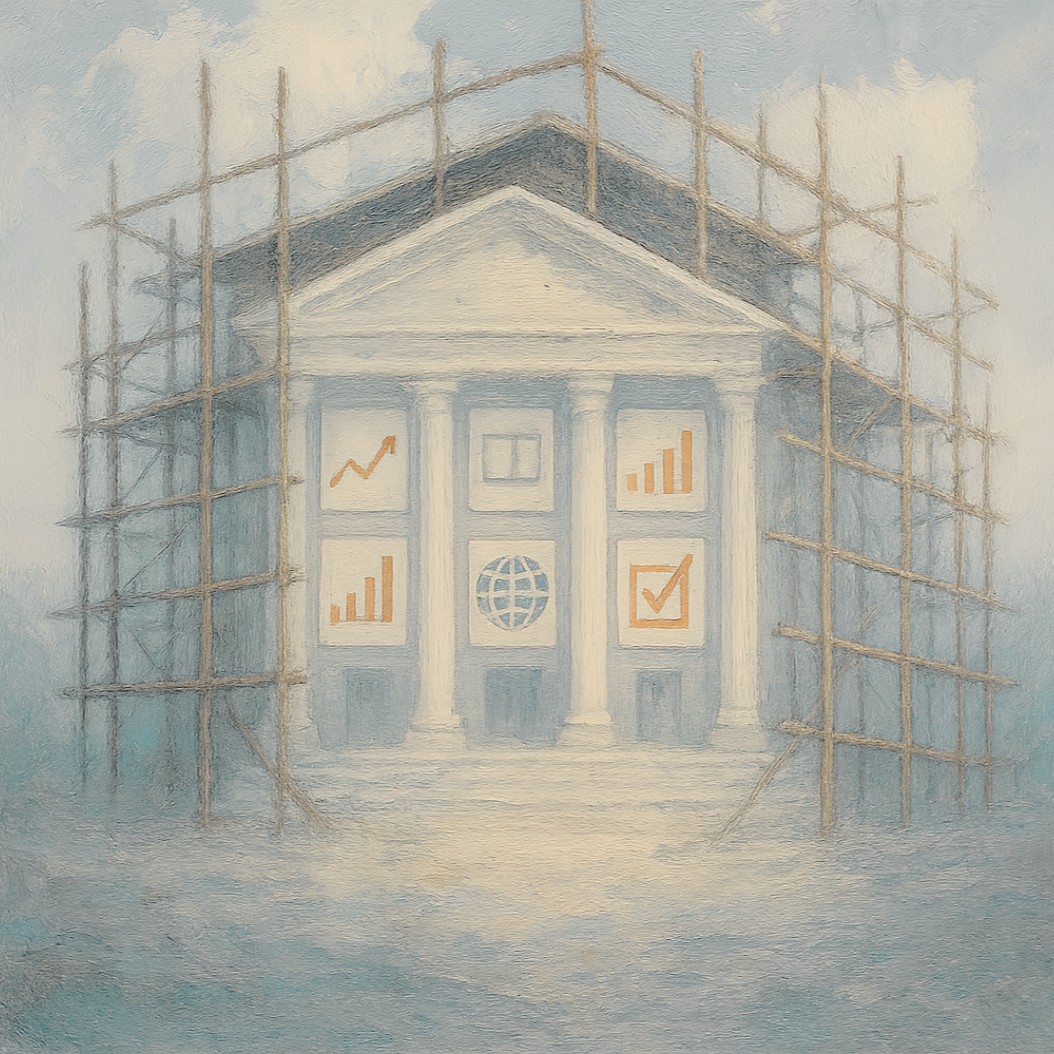Norway needs a new national project
Norway and Europe must find a third way in the shadow of China and the United States.

Ki-generated illustration from Sora.
Main moments
In the post”Blood-poor Ki-commandments” Herman Sjøberg criticizes The Ten Commandments of Langiskts for artificial intelligence. He believes they are too unambitious and lack technical substance. The point is understandable, but it overlooks the importance of a common understanding of reality and a direction for a political project, which may have support far beyond the reach of technocracy.
Sjøberg calls for more technology and in particular RAG architecture, which will play an important role in ensuring trusting and transparent AI systems in key areas of society. But if we start with technique before we have defined goals, ownership and rules of the game, we get neither direction nor wise political processes.
Norway and Europe must find a third way in the shadow of China and the United States. We cannot compete on size, but on direction, community mission, legitimacy and security.
We cannot -- and should not -- chase the greatest models or the most spectacular initiatives. Our role is to develop what provides real societal value: safe knowledge systems, robust data frameworks, sound regulation and a framework for public digital infrastructure. What will define us in the age of KI is the ability to prioritize what is right for Norway — and what the world can actually learn from us.
What we can do can be summarized in three key points:
Own capacity in social critical models.
We need to build models and systems in areas such as health, welfare, safety and reliance on public services -- areas where mistakes have major societal consequences and transparent decisions are the alpha omega.
Using global models — on Norwegian terms.
We don't need to develop everything ourselves, but we need to have infrastructure, data storage, regulation and capacity so that we don't become passive users of American or Chinese platforms.
Policy Priority and Implementation.
We need investment, coordination across sectors, clear mandates and speed in decisions. This is our national knowledge and data infrastructure.
Norway has previously shown that we can mobilize quickly: When Bergensbanen was built, we made a political choice to use about an entire state budget on one infrastructure initiative. Today, such projects seem unthinkable. Still, that's what we need.
To ensure support for the effort needed, we must start by creating a common understanding and direction. The commandments are an important part of that work.
More from Langsikt

Helvetes AI-agenter
AI-agenter skjuler seg bak språk som «assistenter», «copiloter» og «verktøy». Den reelle effekten er å organisere arbeid bort fra mennesker. Verdiskapingen skjer nettopp fordi dette ikke er tydelig for dem som rammes.

AI development, threats and Norwegian opportunities
Proposals for investments and institutional innovations

Bruk gjerne KI til å skrive tekst, men det er kritisk viktig at det finnes en avsender
I offentligheten er det likegyldig om man får skrivehjelp av en venn, enten vennen er av silisium eller kjøtt og blod.

Data discovery — a tax incentive for sharing data
Norway can't speed up KI without better data, and no one has incentives to make data shareable. That's why we need a tax incentive for data quality and sharing.